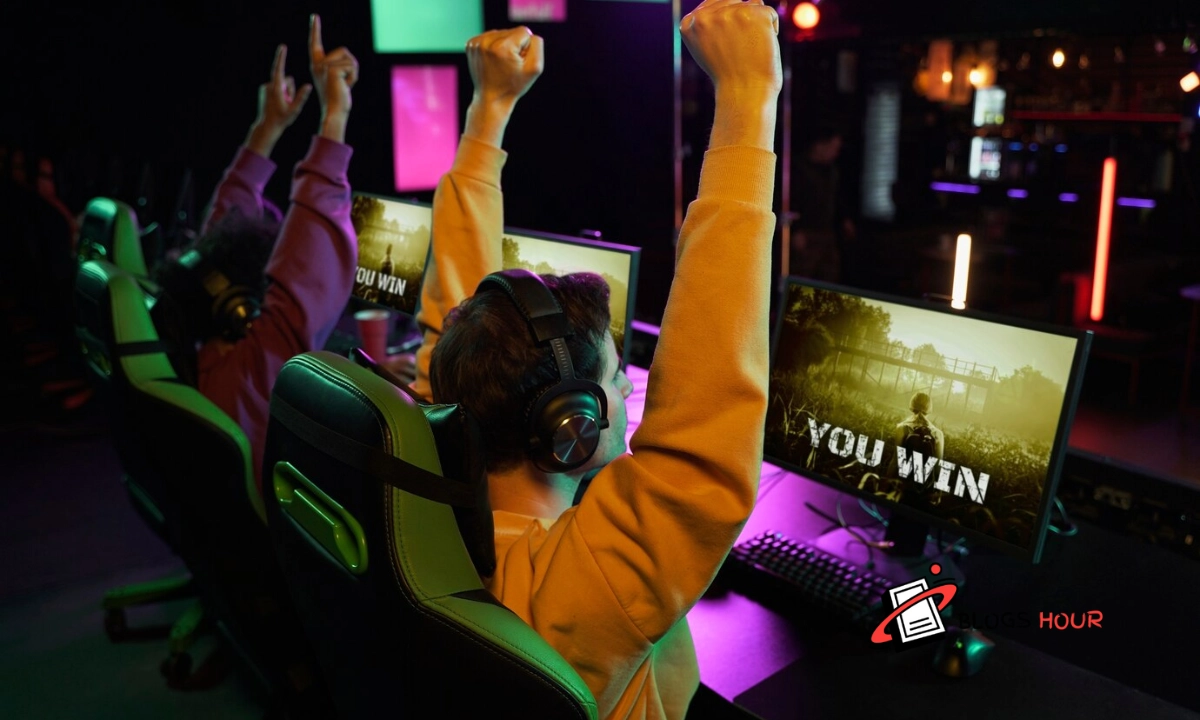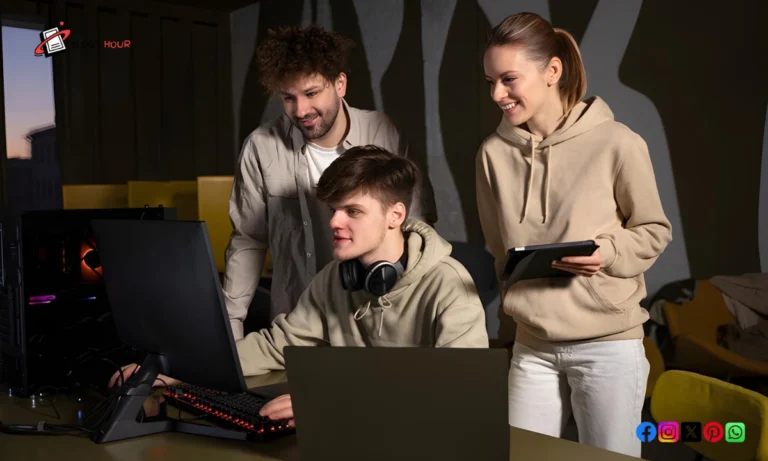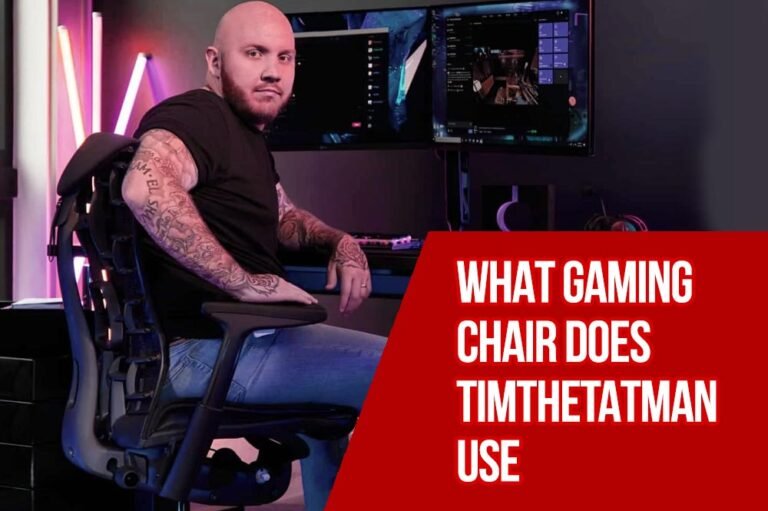Key Takeaways
- Online games make more cognitive functions like memory, attention, and problem-solving sharper.
- Engaging with a variety of free online games can also have a positive influence on children’s and adults’ personal education and mental skills.
- The Importance of Moderation: Maybe excessive gaming has some bad outcomes, but moderation is crucial so you can avoid all these pitfalls.
How Online Video Games Have an Impact On Cognitive Skills
Online gaming is incredibly popular with people of all ages and cultures popping up in today’s digital world filled with so much entertainment available through digital devices. It is shown from several reports that playing games is always a good way to pass your free time away, and many of the fun-packed games are fun and even educational especially for youngsters as they tend to learn directly from these games like privilege elevation skills, etc. The basic skills used by the brain to read, learn, remember, reason, and pay attention are cognitive skills. Through free online games, you can combine entertainment with opportunities to give your mind a bit of a spark, an alternative to more traditional cognitive exercises. Numerous articles have been written in several reputed journals and health blogs on improving cognitive functions through gaming.
Play Puzzles and Strategies to Improve Memory
Several challenges strengthen the memory of users by offering various puzzle and strategy games in the digital world. In this respect, free online games can actually be like a mental gym for the brain, working to enhance memory retention and recall as well as complex information processing. In other games like Escape Plans, you have to retain complicated puzzle solutions that require a good memory when you’re playing it, this way you can flex your mind and use some of those cerebral juices we sometimes neglect. The benefits of this increased memory capacity can be priceless, paving the way to a better life and superior productivity in mentally intensive tasks.
How Action Games Can Help Boost Attention and Concentration
Their brisk tempo and requirement for rapid reflexes make action games train the circuits of attentional vigilance. These energetic styles of music help to put the player into a mental state called flow where the players are focused on nothing but the game allowing them to enjoy high levels of concentration and attention span. Driving through a highspeed street race or playing actions in real-time, these games require the player to be more aware of their surroundings and this can translate to making the player more attentive and focused on normal life scenarios.
The multiplayer social dimension of video games and its relationship with cognition
Classical multiplayer online games often embody a social interaction that can easily be understood by humans, containing complex inter-social and collaborative cognitive mechanisms. In various virtual worlds, the process of interacting with allies as well as opponents required rapid strategic deliberation and surfed social navigation skills to sharpen their cognitive facilities in responsive capabilities through collaboration. In addition, these games frequently transcend distance and create a social context that can help to build cognitive resilience by broadening their horizons with alternative ideas and thoughts. The key skills that you must develop as a business analyst is to have problem-solving and critical thinking skills.
Playing a digital adventure in which you have to decode intricate riddles or outplay computer foes evaluates one on his critical thinking prowess. Most video games are full of challenges that need rational, thoughtful thinking and other important elements in critical thinking. As players navigate and resolve in-game challenges, they unknowingly are honing the cognitive components necessary for problem identification, solution generation, and outcomes evaluation. These skills — already honed in the confines of our digital lives have always been elements of efficient problem-solving real-life scenarios.
Improves Multitasking
Some games that require players to focus on several tasks simultaneously can help increase the brain’s ability to multi-task. At a more primitive level, these games mirror things that happen in the real world and often require you to juggle resources while exploring complicated spaces along with navigating through any potential narrative changes experienced throughout the game. By practicing various scenarios that include multitasking, players start improving at multitasking in real-world activities and multi-tasking like in projects at work or when they need to attend to certain tasks simultaneously within their household chores.
Speed of Data Processing
The online fast-paced game teaches how to think and react quickly and may enhance cognitive speed. Real-life applications of this skill in rapid decision-making way.
Language and Online Gaming Skills
Games of all categories are helpful for language growth, although games that focus on stories and dialogue help more. The games that focus on role-playing and narration provide players with advanced sentence structures which make them well acquainted with the language, helping a player to improve their proficiency. Educational games, on the other hand, can improve linguistic skills in entertainingly and interactivelyBetter Mood and Stress Relief.
The emotional advantages of gaming are largely underestimated. Even mental games designed to stimulate and challenge can offer a peaceful retreat from the chaos of modern life. While the play, engages in the fictional online worlds, many people feel de-stress and uplifts mood. These forms of slow play equal a gaming vacation, time spent in the zone, where the player can let go of reality for a bit and enter that elusive mind-altering called flow – mentally engaging while being emotionally content.
Conclusion
When played in moderation and with mindfulness, however, online gaming can improve cognitive skills. Use it to your advantage by adding more and varied games into your weekly routines, playing them with it to actively improve native skills.




